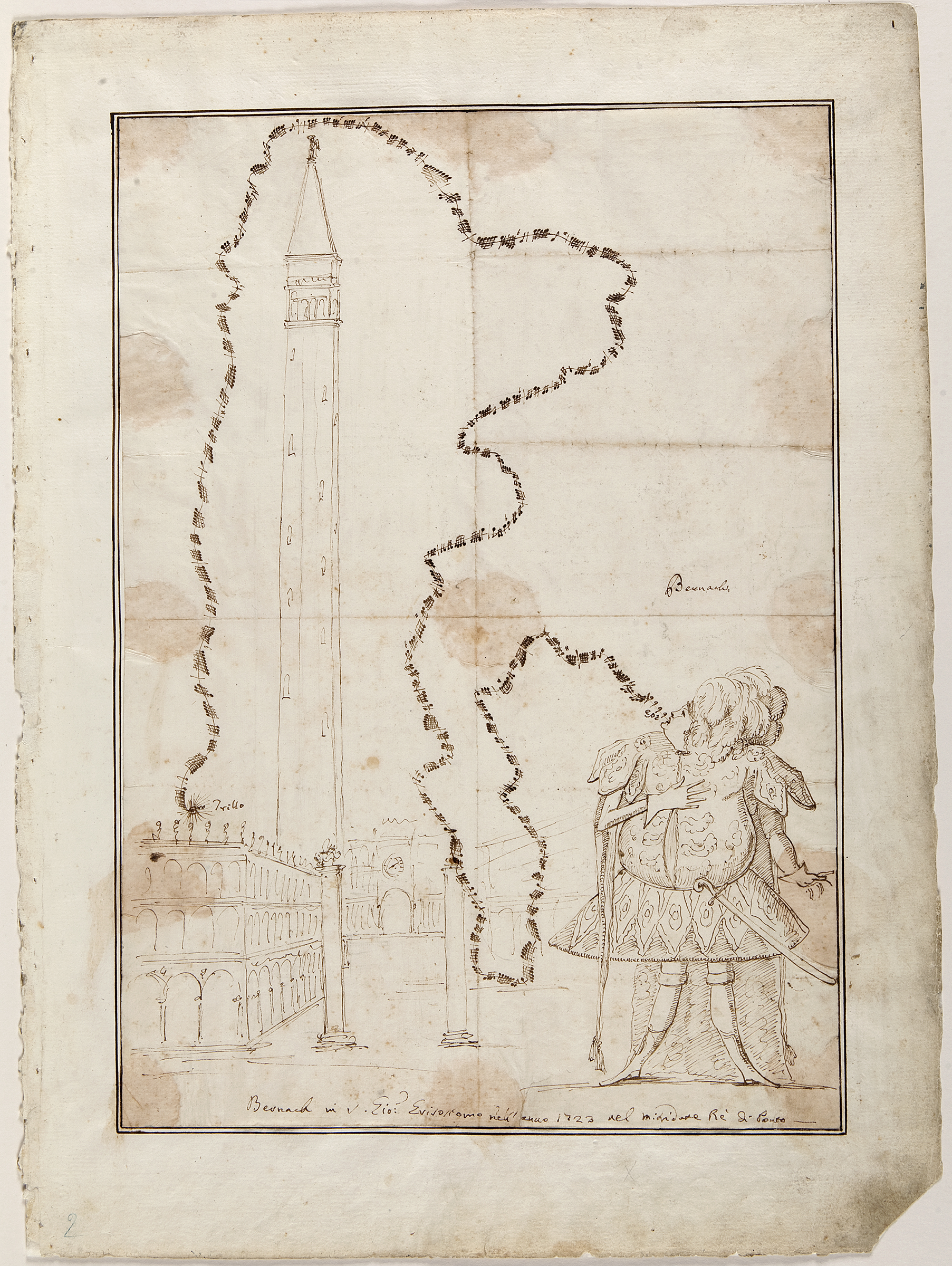The following article is inspired by a satirical attempt to translate “opera” into German – the term “Prunkbejaulung” cannot easily be translated to English! The German term is a playful and creative combination of words: Prunk – meaning “splendor, ” “pomp," but also “ostentation”, and Bejaulung – derived from “jaulen,” meaning "to yowl,” “howl,” or “wail.” So, given this combination, “Prunkbejaulung” could be interpreted as meaning "Splendorous howling” ... feel free and creative to find further solutions!
Opera, opera or opus does not mean much more than “work” or “action” – therefore the name is not particularly characteristic of the internationally successful musical-dramatic genre that originated in Italy around 1600. The question of an appropriate term and a concise definition is thus not unjustified.
“Prunkbejaulung” (“Splendorous howling”), an ingenious word creation of the satirical portal „Der Postillon“, puts the the essence of baroque opera in a nutshell: Visually and acoustically impressively staged with pomp and splendor, protagonists conversing in the highest and lowest pitches, embodied by the best singers of all three sexes – women, men, castrati – for the amusement of the courtly audience. The sovereigns of the Viennese court, who were also active as musicians and composers themselves, attached great importance to the highest quality, so they engaged the best talents, preferably from Italy, for the text, music, choreography, stage sets and costumes.

Anton Maria Zanetti di Girolamo, "Il trillo di Anton Maria Bernacchi", Venezia, © Fondazione Giorgio Cini, Inv. 36401. Per gentile concessione della Fondazione Giorgio Cini.
Opera was a stunning spectacle; in Vienna, it not only served to entertain the courtly and aristocratic audience, but also served to affirm the absolutist sovereign and mirror his self-made image as emperor appointed by the grace of God. Sumptuous performances displaying richness and abundance were given for dynastic events such as birth and name days, weddings or coronations; the purpose of these events was specifically to publicly display – and thus confirm – the emperor’s wealth and power. The plots of the shows were often based on ancient heroic legends, and featured themes such as life at court, heroism and the principles of good and fair rule. The rulers were clearly identified as the heroic protagonists of the opera, and were expressedly named in the Licenza, the concluding chorus that mentions the dedicatees by name.
Penelope is to be understood in the context of this concept of serious opera seria, but as a carnival opera it breaks through and parodies its principles: what makes it a “tragicommedia in musica”? Why is the work called “Penelope” and not “Ulisse”? Does Penelope’s husband Ulisse, the brave sailor on a dangerous Odyssey and king of Ithaca, fulfill the high expectations of an ideal hero and virtuous husband? Is he a worthy role model for Emperor Charles VI? And what moral do the poet and composer provide us with at the end?

PENELOPE 2025 invites you to immerse yourself in an antique-baroque-modern world full of passion, puzzles, confusion and fanciful magic in May 2025 and to find answers to these questions. If you can’t wait until then, have a look at PENLEOPE 1724 and 2025 on this website, and check out our social media channels (under construction) and the supporting music education programs.
We also offer everything that belongs to a splendid spectacle – the best students from Klagenfurt and Venice, a festive ambience, entertaining and passionate music, dance, magic and the encounter with eight protagonists full of character, one of whom even gives an impressive taste of how difficult it is to “howl” artistically!





